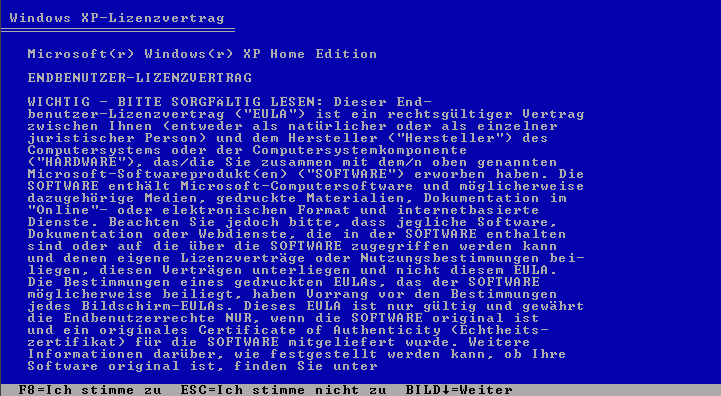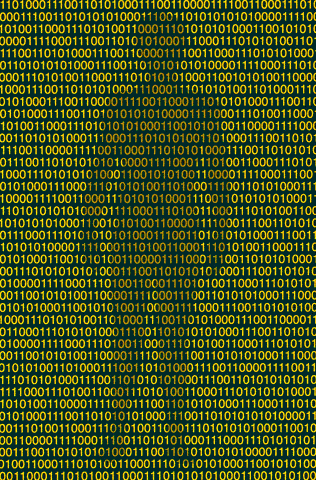
design patterns
Rethinking Design Patterns
Many developers consider the book Design Patterns a classic. So what’s a design pattern? A design pattern systematically names, motivates, and explains a general design that addresses a recurring design problem in object-oriented systems. It describes the problem, the solution, when to apply the solution, and its consequences. It








